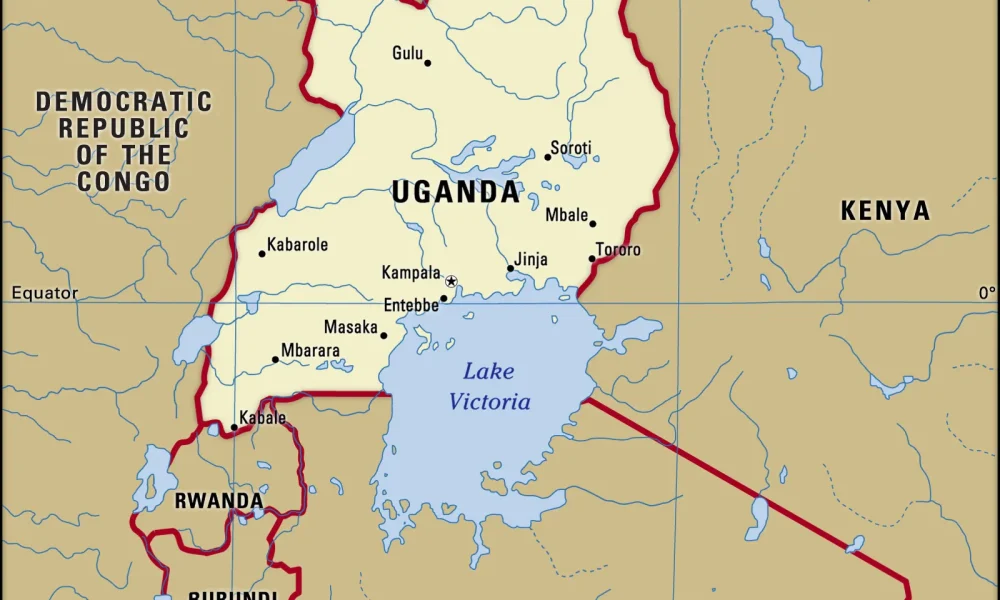Uganda loses about $2.5 billion to corruption every year, equivalent to almost a quarter of its annual budget, the country’s anti-graft head told AFP on Monday.
Corruption is a huge issue in the East African nation, which is ranked a lowly 141 out of 180 countries on Transparency International’s corruption index.
While President Yoweri Museveni has repeatedly promised change, several major corruption scandals involving public officials have surfaced recently, triggering anti-graft demonstrations.
“The country loses about 9.144 trillion shillings ($2.5 billion) annually, money enough to cover 23 percent of this year’s national budget,” said Beti Kamya Turwomwe, head of the Inspectorate of Government.
“Losing such colossal sums that would have gone into delivery of services to the citizens is a wake-up call to all the citizens to fight the vice,” she said.
Turwomwe said her department had recovered just $2 million of the vanished money, which she blamed on a lack of funding and staffing.
Her comments follow the government body’s annual July-June report — based on research by international think tank the Government Transparency Institute — which was presented to parliament last week.
It found that the highest area of corruption was the environmental protection sector, estimating losses of 2.8 trillion shillings or $700 million a year.
A report summary shared online said the figures are based on a “variety of methods and data sources”, without being more specific.
“Overall, the estimates on cost of corruption are considered to be lower than actual in Uganda since some costs are in kind while others are non-measurable due to lack of data,” the summary said.
It found that utility costs, such as bribing officials for access to water and electricity, result in a loss of almost $130 million.
The report comes a week after Museveni pardoned a government official who had served five years of a 10-year sentence after swindling $1.2 million from government coffers, provoking outrage from civil society groups.

